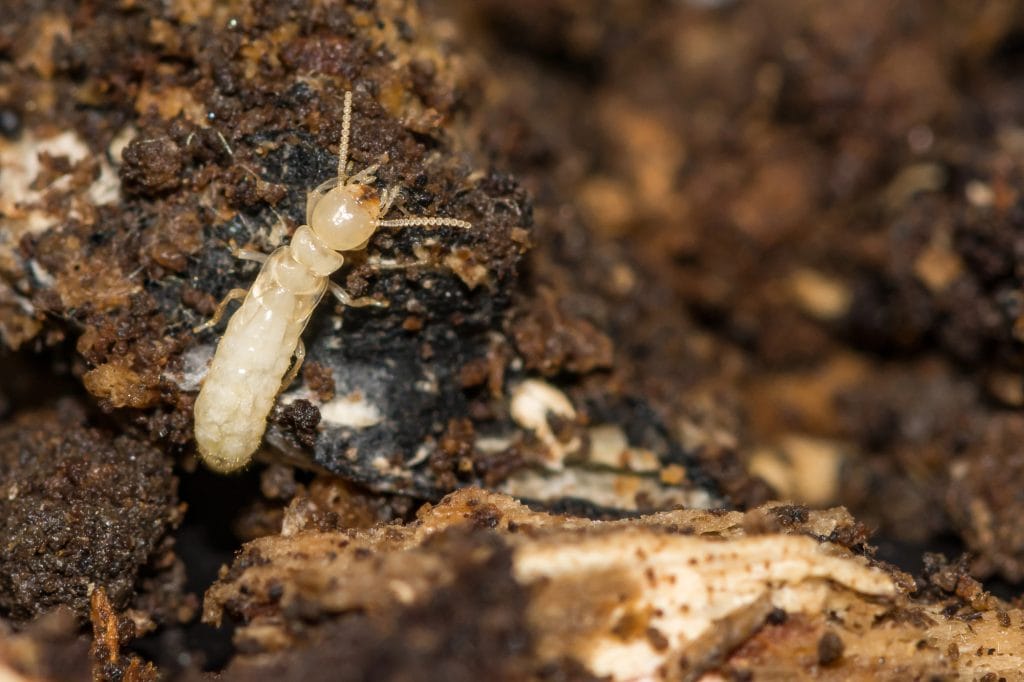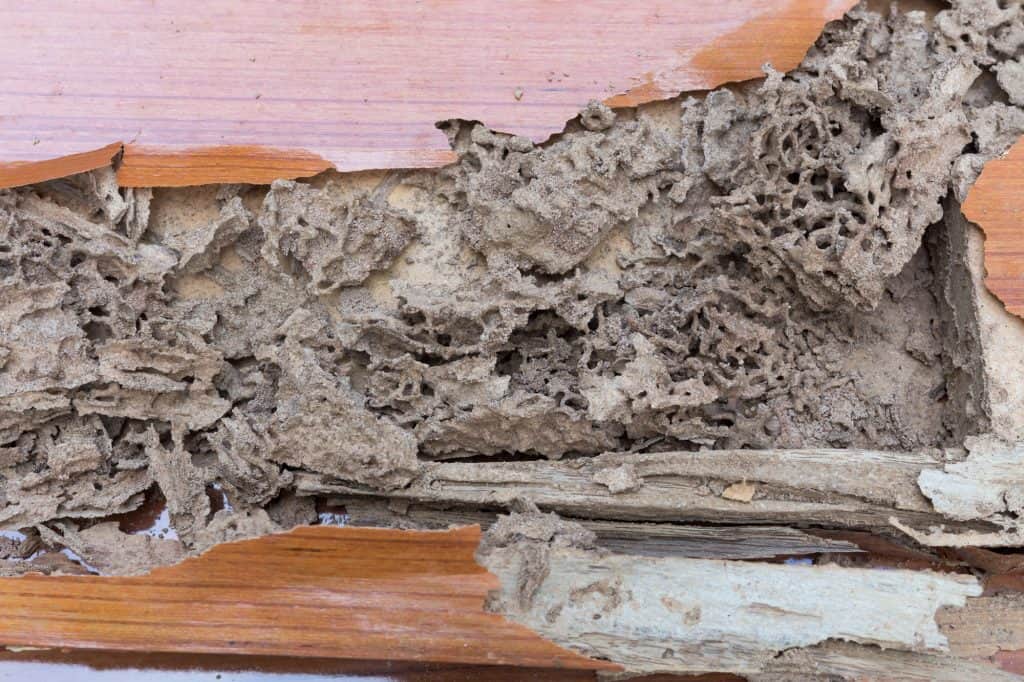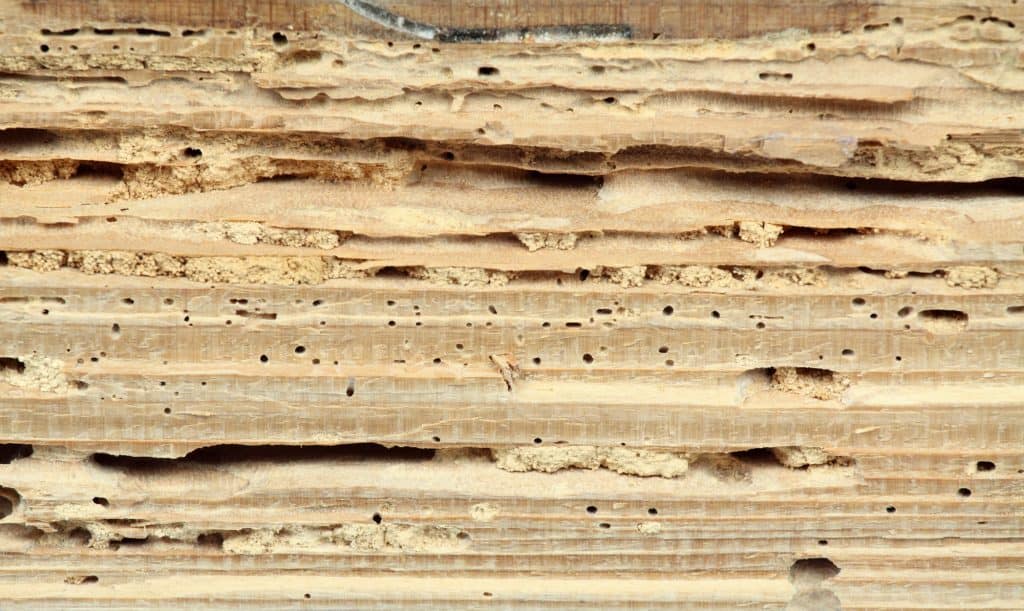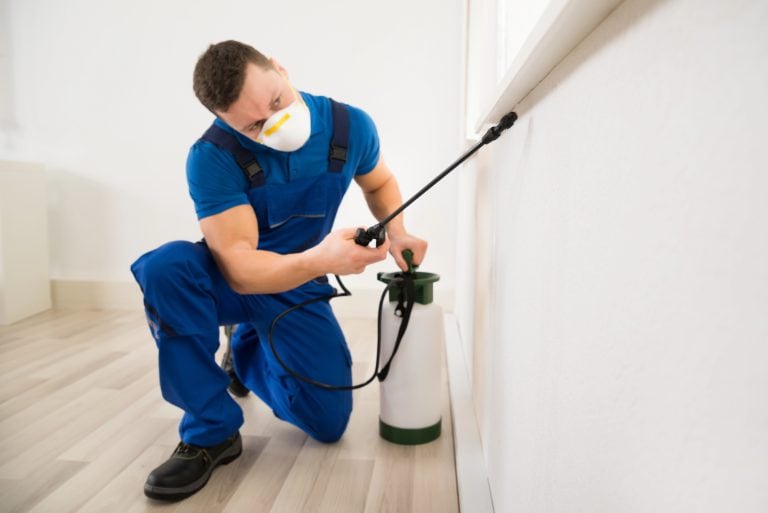Wood Destroying Insects: Is Your Home Safe?

Homeownership is a rewarding experience, but it comes with responsibilities, including protecting your investment from unseen threats. In areas like Virginia, Maryland, and DC, properties can be vulnerable to various pests, especially those that feast on wood. These “wood destroying insects” can cause significant structural damage before you even realize they’re there.
Understanding the types of pests that pose a threat and recognizing the importance of professional inspections is vital for both homeowners and those involved in real estate transactions. One inspection stands out as particularly critical: the termite inspectionA professional assessment to detect the presence of termites and other wood-destroying insects, required by many lenders for home purchases., also often referred to as a Wood Destroying Insect (WDI) inspectionAn inspection specifically looking for evidence of insects like termites, carpenter ants, carpenter bees, and powderpost beetles that damage wood structures..
Common Wood Destroying Insects
While termites are perhaps the most notorious, several other insects can cause damage to the wood in your home:
Termites:
These are the primary concern. Subterranean termitesTermites that live underground in large colonies and build protective mud tubes to reach food sources (wood) above ground. live in colonies in the soil and build mud tubesTunnels made of soil, wood particles, and saliva, used by subterranean termites to travel between their colony and food source while staying protected. to access the wood in your home, which they consume. They can cause extensive damage silently over years. Drywood and Dampwood termites also exist but are less common in the immediate VA, MD, DC area compared to subterranean species.
Carpenter Ants:
Unlike termites, carpenter ants don’t eat wood; they excavate it to create nests. They often prefer moist or decaying wood but can also tunnel into sound wood. You might see large ants or discover piles of sawdust-like material (frassThe sawdust-like debris excreted by wood-boring insects like carpenter ants and powderpost beetles as they tunnel through wood.).
Carpenter Bees:
These large, solitary bees bore perfectly round holes (about half an inch in diameter) into wooden surfaces like eaves, decks, and trim to create nests. While they don’t eat the wood, their tunnels can weaken structural components over time and attract woodpeckers.
Powderpost Beetles:
These beetles infest hardwoods and softwoods, with their larvae doing the damage by tunneling through the wood. Their presence is often indicated by small, round exit holes (the size of a pinhead to 1/8 inch) and fine, powdery sawdust (frassFine, powdery wood dust left near exit holes, characteristic of powderpost beetle infestations.) near the holes.

The Indispensable Termite (WDI) Inspection

Given the potential for significant and expensive damage, especially from termites, a professional WDI inspection is absolutely essential, particularly when buying or selling a home in Virginia, Maryland, or DC. Most lenders require one, but even if not required, it’s in your best interest.
A certified inspector will carefully examine accessible areas of the property, including the crawl space, basement, foundation, interior walls, and exterior perimeter, looking for signs of infestation or damage from termites and other wood-destroying insects. This includes searching for mud tubes, damaged wood, frass, and the insects themselves. The inspector provides a report detailing any findings.
Why You Need This Inspection
- Detect Early Issues: Insects like termites can cause severe structural damage that isn’t visible to the untrained eye. An inspection can catch infestations early before extensive repairs are needed.
- Protect Your Investment: Discovering active infestations or past damage before closing a sale allows you to negotiate for pest control treatments or repairs, saving you potentially thousands of dollars.
- Peace of Mind: Knowing the property is free from active WDI infestations provides significant peace of mind, whether you are buying or have owned your home for years.
- Disclosure & Requirements: In real estate, sellers often need to disclose past or present WDI issues, and buyers need inspections for financing.

Summary: Termite Inspections and Why They're Important

Wood destroying insects pose a real threat to homes throughout the Virginia, Maryland, and DC areas. Termites, in particular, can cause devastating damage if left unchecked. A professional termite and WDI inspection is not just a formality for a real estate transaction; it’s a critical due diligence step to protect your home and your financial future.
Don’t let silent destroyers compromise your investment. Prioritize that WDI inspection!